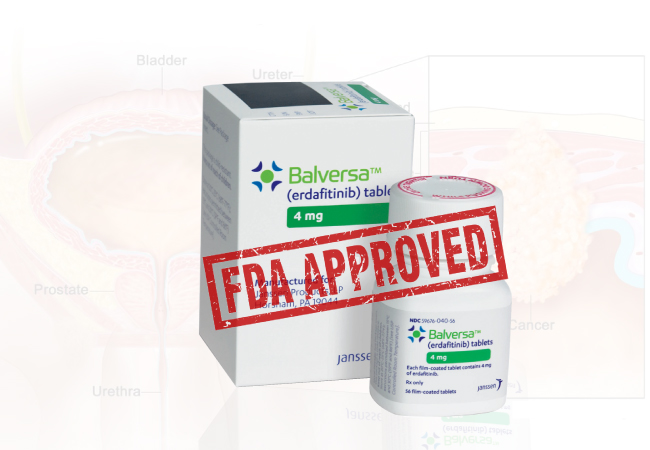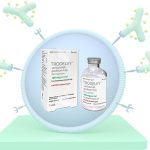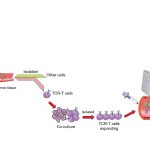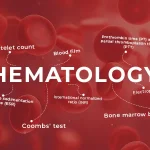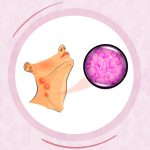In a groundbreaking stride for locally advanced or metastatic urothelial carcinoma (mUC) treatment, the U.S. Food and Drug Administration (FDA) has granted approval to Erdafitinib (Balversa, Janssen Biotech), marking a significant advancement in the oncology landscape. This innovative medication holds promise for patients grappling with locally advanced or metastatic urothelial carcinoma, offering new avenues for treatment and renewed hope in their journey against this challenging condition.
The therapeutic drug is specifically indicated for individuals with susceptible FGFR3 genetic alterations whose disease has advanced following at least one line of prior systemic therapy. Notably, erdafitinib is not for those who are eligible for but have not received prior PD-1/PD-L1 inhibitor therapy.
This regulatory approval modifies the previously granted accelerated approval for those with advanced or metastatic urothelial carcinoma (mUC) presenting susceptible FGFR3 or FGFR2 alterations following platinum-containing chemotherapy.
Understanding Urothelial Carcinoma:
Urothelial carcinoma, a form of bladder cancer, poses significant challenges because of its aggressive nature and limited treatment options, particularly in advanced stages. Erdafitinib emerges as a beacon of progress in addressing this unmet medical need.
Clinical Trials and Efficacy:
The FDA’s decision was informed by robust clinical trials demonstrating Erdafitinib’s efficacy in patients with FGFR genetic alterations. These trials showcased substantial response rates, offering tangible hope for improved outcomes in advanced urothelial carcinoma:
- The medicine was evaluated in BLC3001 Cohort 1, a randomized, open-label trial involving 266 patients with mUC and FGFR3 alterations who had received 1 to 2 prior systemic treatments, including a PD-1/PD-L1 inhibitor.
- Median OS was noted as 12.1 months for Erdafitinib vs 7.8 months for those who received chemotherapy.
- Median PFS was 5.6 months for Erdafitinib vs 2.7 months for chemotherapy.
- Confirmed ORR was an impressive 35.3% for Erdafitinib vs 8.5% for chemotherapy.
- A 36% reduction in the risk of death (HR 0.64; p=0.0050) and a 42% reduction in the risk of disease progression or death (HR 0.58; p=0.0002) were noted.
Posology and Administration:
The proposed erdafitinib dosage is 8 mg administered orally once daily, with a potential dose elevation to 9 mg once daily depending on tolerability, including hyperphosphatemia (high phosphorus), within a time of 14 to 21 days. The course of treatment should be continued until there is evidence of disease progression or the emergence of unacceptable toxicity.
Safety Profile:
Adverse reactions, with an incidence rate of >20%, encompassed various aspects, including laboratory abnormalities. These included nail disorders, diarrhea, increased phosphate, stomatitis, dry skin, dry eye, increased alanine aminotransferase, increased alkaline phosphatase, decreased hemoglobin, increased aspartate aminotransferase, dry mouth, decreased sodium, increased creatinine, decreased phosphate, palmar-plantar erythrodysesthesia syndrome, decreased appetite, dysgeusia, fatigue, increased calcium, alopecia, increased potassium, decreased weight, and constipation.
The Road Ahead:
The recent approval of Erdafitinib by the U.S. FDA marks a significant breakthrough in the field of oncology, offering a new ray of hope for patients battling locally advanced or metastatic urothelial carcinoma (mUC). As Erdafitinib becomes an integral part of the oncologist’s toolkit, ongoing research, and real-world evidence will further shape its role in the evolving landscape of urothelial carcinoma treatment. Continuous monitoring and collaborative efforts will help contribute to optimizing patient outcomes.
References:
https://www.fda.gov/drugs/resources-information-approved-drugs/fda-approves-erdafitinib-locally-advanced-or-metastatic-urothelial-carcinoma

